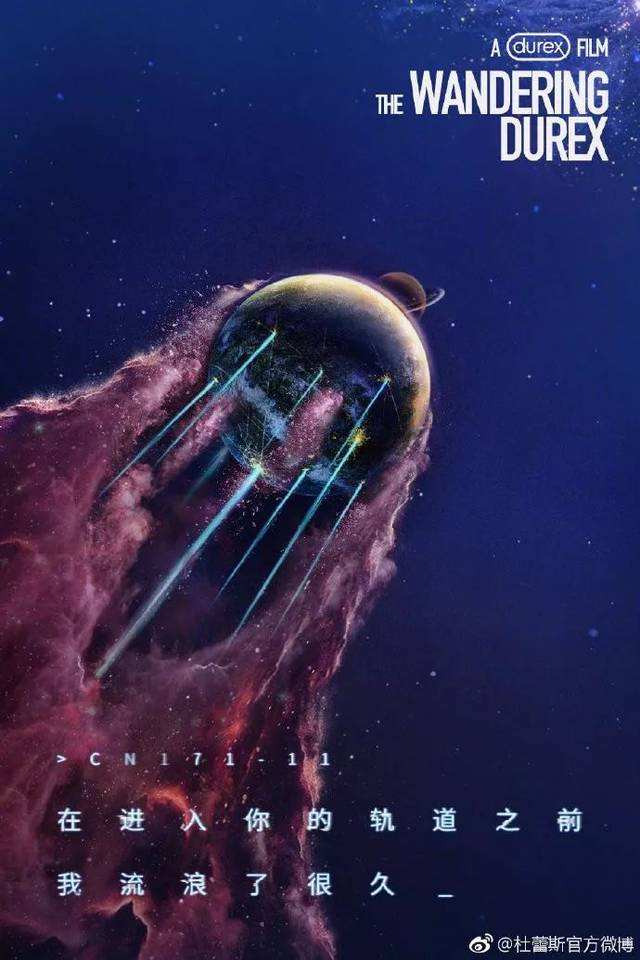
Since its release on the first day of the Lunar New Year, The Wandering Earth (流浪地球) – 郭帆 Frant Guo’s adapatation of the Liu Cixin novella (translated into English by Holger Nahm) – has been setting box-office records, upending expectations of what a Spring Festival blockbuster can be, and apparently even inspiring a Durex ad:

Here’s a round-up of some of the responses.
Lily Kuo – China Gets Its First Blockbuster Sci-Fi Film (The Guardian)
The Wandering Earth was slow to get off the ground in the first few days of its release, with many sceptical of a Chinese-made sci-fi film. As Wandering Earth received positive reviews for its special effects, pacing and arresting views of the Earth as seen from space, it quickly gained momentum.
For Chinese moviegoers, accustomed to sci-fi films made by US studios, Chinese elements such as references to spring festival, or Chinese new year, mahjong and road signs common in China (anquan diyitiao, “safety number one”) were a welcome change.
Chen Qiufan – What The Wandering Earth Says about Chinese Sci-Fi (Sixth Tone)
translated by Matt Turner
Chinese audiences’ understanding of science fiction is largely based on Western imports like Avatar, Interstellar, and 2012. This makes sense: Modern science fiction as a genre originates in the Industrial Revolution and early 19th century Europe, while its visual language owes much to the American film and television industry. A relative latecomer to both contemporary sci-fi and effects-heavy blockbusters, China’s film industry has struggled to match Hollywood’s output and quality, which is why it was nice to see The Wandering Earth buck these trends. But I believe the film’s popularity with domestic audiences is about more than its successful use of a big budget and cutting-edge technology to ape Hollywood: Guo’s film is an ode to Chinese values and the country’s growing self confidence.
Tasha Robinson – China’s Blockbuster The Wandering Earth Is Rich, Gorgeous, and Goofy (The Verge)
Pretty much any flaw The Wandering Earth can claim — flashy action scenes without much substance, a marked bent toward sticky sentimentality, an insistently pushy score that demands emotional response from the audience at every given moment — are familiar flaws from past blockbusters. Where the film really stands out, though, is in its eye for grandiose spectacle. Director Frant Gwo gives the film a surprising stateliness, especially in the scenes of the mobile Earth wandering the cosmos, wreathed in tiny blue jets that leave eerie space-contrails behind. His attention to detail is marvelous — in scenes where characters stand on Earth’s surface, contemplating Jupiter’s malicious beauty, the swirling colors of the Great Red Spot are clearly visible in reflections in their suit helmets.
And a few in Chinese:
- Liao Weitang reflects on Liu Cixin’s “Nietzscheanism with Chinese Characteristics”, and draws comparisons with the latest novel by Xi Xi.
- In Southern Weekly, Wu Jianru places the film in the context of Chinese sci-fi, including some details on the adaptation process (with quotes from Frant Gwo).
- Liu Cixin answers some questions on the film (such as “did it make you cry?”)
Liu Cixin’s story The Thinkers (translated by Joel Martinsen) is available to read online from Read Paper Republic.


Comments
There are no comments yet.